Supporting Siblings of Autistic Kids
Addressing the Needs of Siblings of Children with Autism
Understanding the Experience
Growing up with an autistic sibling can be both rewarding and challenging for neurotypical children. These siblings often encounter unique emotional and psychological experiences due to the added dynamics caused by their sibling's special needs. It's essential for families to understand these challenges and provide appropriate support to foster healthy sibling relationships and emotional well-being.
Unique Challenges Faced by Siblings
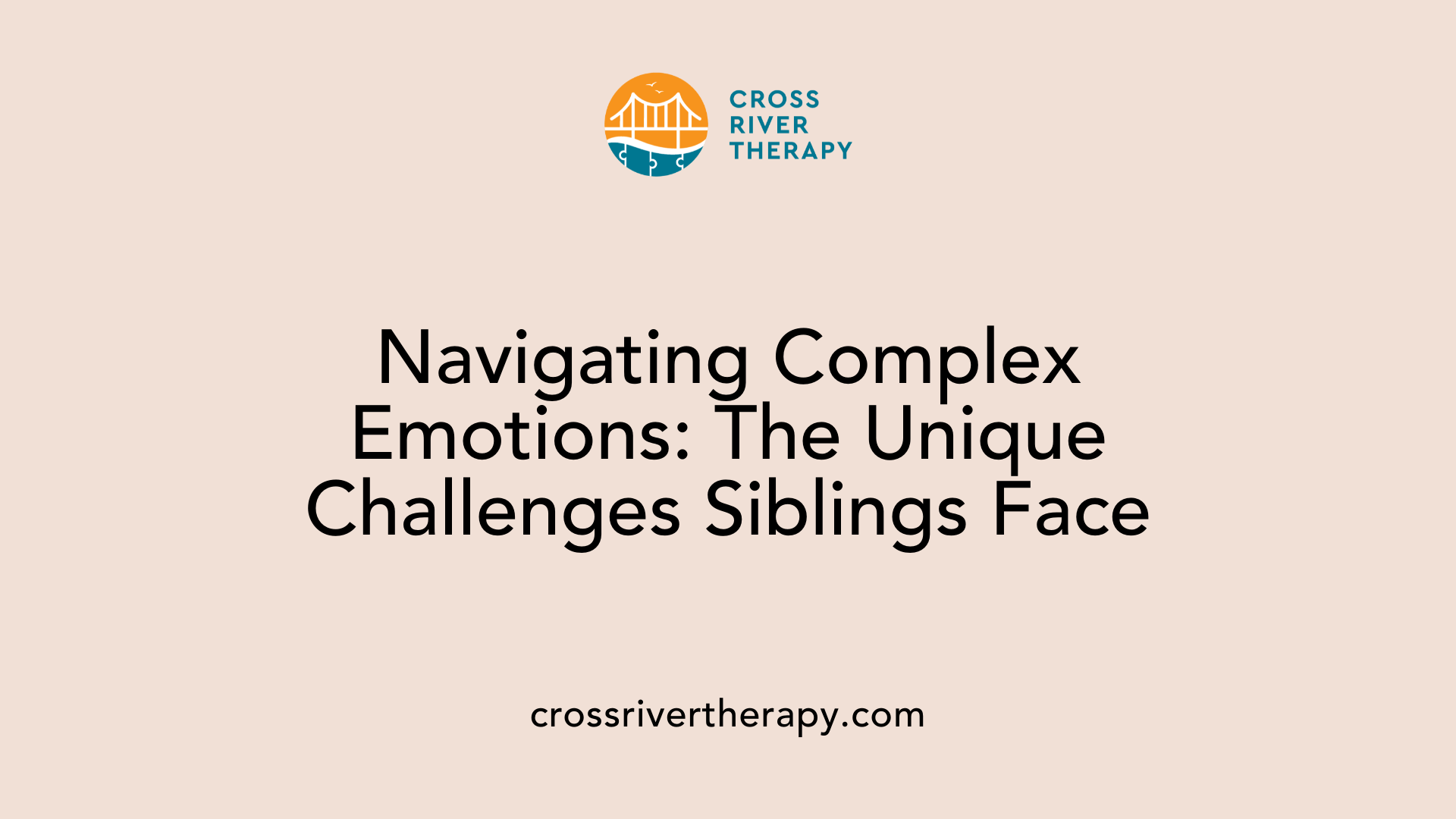
Understanding the emotional impacts
Neurotypical siblings of autistic children often grapple with a range of complex emotions. Many report feelings of neglect, especially when parents concentrate their efforts on the autistic sibling’s needs, causing jealousy and confusion. This can lead to anxiety and a sense of isolation, as siblings struggle to comprehend the behaviors linked to autism.
Managing feelings of jealousy and confusion
During their formative years, these siblings may wrestle with anger or resentment due to perceived unequal attention. It is essential for parents to acknowledge these feelings and foster open dialogues about autism and its effects on family dynamics. Regularly discussing their sibling's condition in an age-appropriate manner can help siblings manage their emotions and reduce misunderstandings.
Identifying responsibilities and fears
As neurotypical siblings grow older, they may face increased responsibilities concerning their autistic sibling, particularly as parental care may fluctuate due to aging or health issues. This transition often includes fears about future caregiving needs, prompting concerns about their ability to provide adequate support. Many siblings express anxiety over their sibling's future, making it crucial for families to engage in proactive discussions about care and support strategies, thus alleviating some of the emotional stress.
| Emotional Challenges | Possible Outcomes | Coping Strategies |
|---|---|---|
| Feelings of neglect | Jealousy, resentment | Open communication with parents |
| Isolation and confusion | Anxiety, guilt | Support groups for shared experiences |
| Responsibility for care | Stress about future scenarios | Family discussions on future planning |
| Understanding autism | Improved empathy and maturity | Educational resources on autism |
Supporting the Emotional Well-being of Siblings
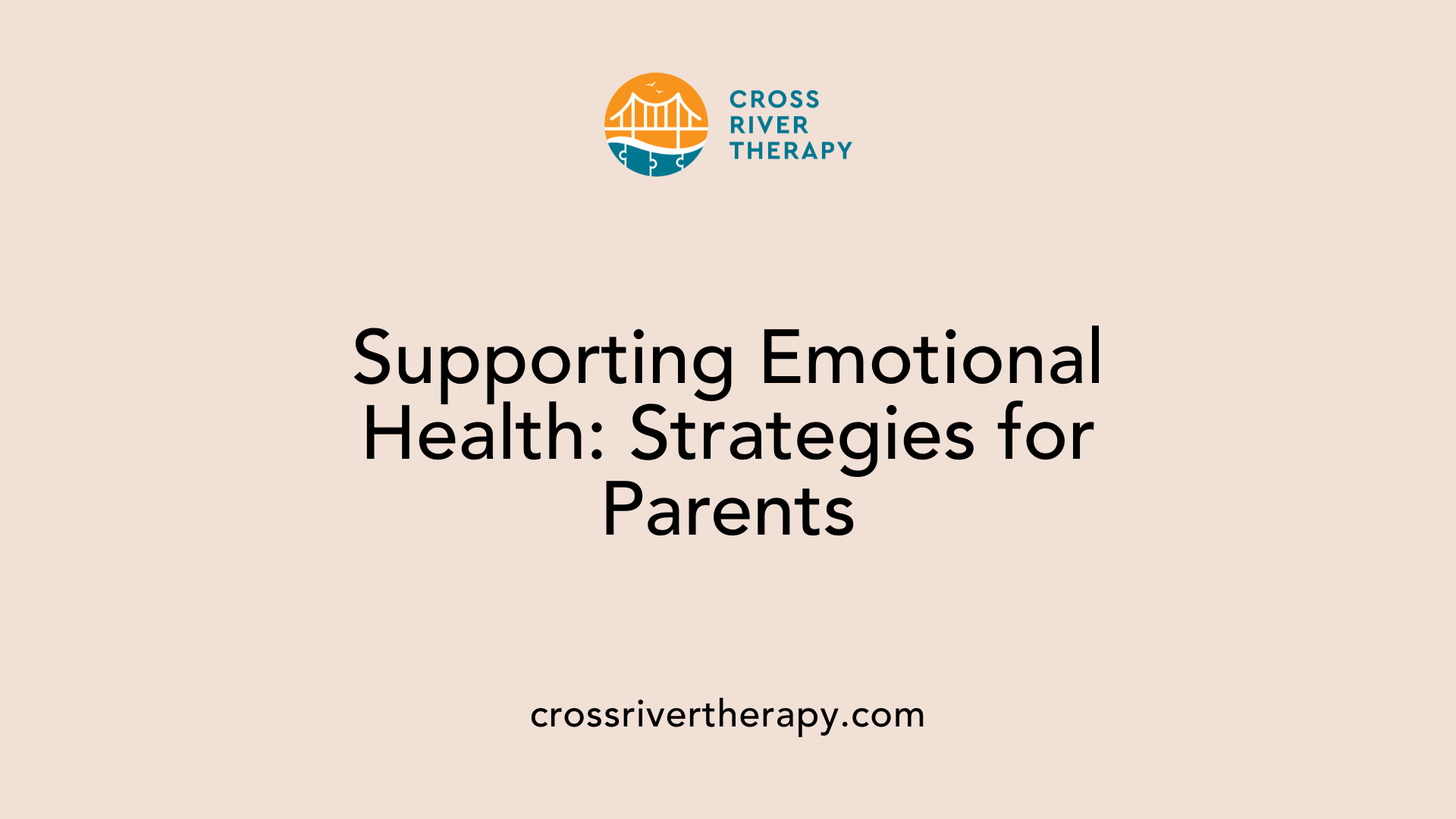
How can parents support the emotional needs of siblings of autistic children?
Parents play a pivotal role in supporting their neurotypical children who have siblings with autism. By fostering open communication, parents can help siblings articulate their feelings about the challenges they face. Regular discussions about autism and its impacts help siblings understand their sibling's behavior, breaking down feelings of confusion and isolation.
Strategies for Individualized Support
Allocating one-on-one time with each child is crucial. This individualized attention reinforces self-worth, making them feel valued and loved despite the added focus on their autistic sibling. Engaging siblings in their autistic sibling's care can nurture empathy and deepen the bond between them.
A Safe and Supportive Environment
Creating a home environment that prioritizes emotional safety is essential. Siblings should feel comfortable expressing negative emotions like anger or resentment. Acknowledging these feelings is vital in cultivating emotional resilience.
Resources for Emotional Management
Parents can leverage a variety of resources to support their children. Workbooks, such as 'Autism, My Sibling, and Me,' provide age-appropriate information, while support groups offer platforms for peer connection and sharing experiences. Furthermore, parental involvement in community programs like SibShops facilitates supportive networks for siblings, enhancing their ability to navigate their unique emotional landscape.
By implementing these strategies and utilizing available resources, parents can significantly enhance the emotional well-being of siblings of autistic children.
Creating Positive Sibling Interactions
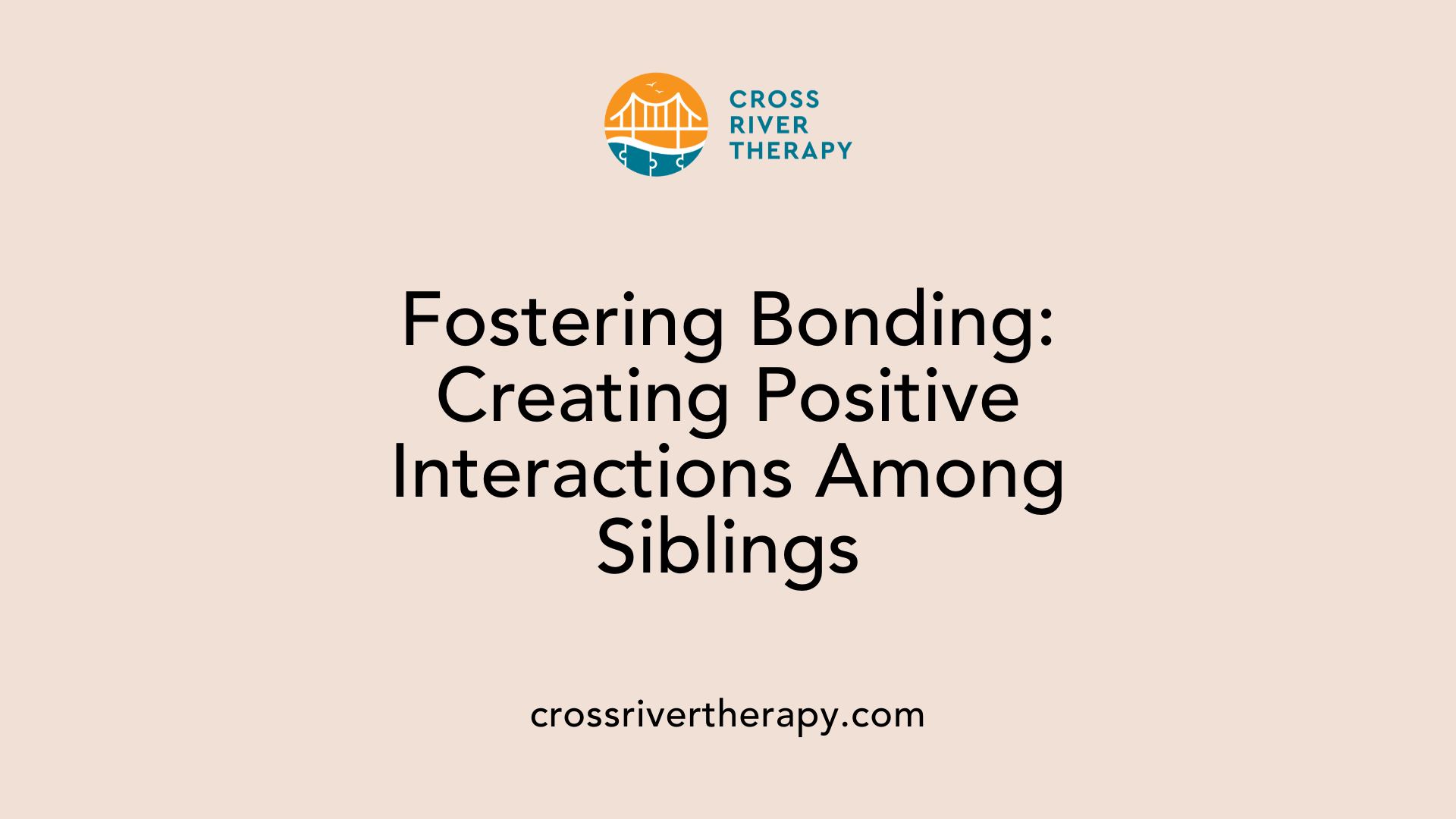
Activities That Promote Bonding
Creating opportunities for siblings to engage in fun activities together can significantly strengthen their relationship. Activities like board games, arts and crafts, and outdoor sports can create shared memories. It’s essential to identify games or hobbies that accommodate all siblings’ interests and abilities, allowing them to connect on a personal level while celebrating their differences.
The Importance of Shared Interests
Finding common ground is crucial in fostering lasting sibling bonds. Shared interests—such as particular sports, books, or hobbies—can serve as a foundation for developing a strong relationship. Parents can encourage this by facilitating time for these interests, which can help both siblings learn cooperation skills and reinforce important life lessons.
Techniques for Reinforcing Positive Relationships
Maintaining an open line of communication is vital. Encourage siblings to express their feelings about having an autistic sibling, acknowledging emotions like jealousy or fear as valid. Educational resources can provide accurate information about autism, easing misunderstandings. Moreover, one-on-one parental time for each child emphasizes their unique importance within the family. Utilizing support groups can also help siblings feel less isolated while sharing their experiences.
| Technique | Description | Benefits |
|---|---|---|
| Open Communication | Encourage siblings to express feelings and concerns. | Promotes understanding and emotional expression. |
| Activities that Promote Bonding | Engage siblings in shared interests and hobbies. | Strengthens relationships and shared experiences. |
| Individual Parental Attention | Dedicate time to each child to feel valued and unique. | Boosts self-esteem and family bonds. |
Supporting a sibling of an autistic child involves fostering open communication to allow them to express their feelings and emotions, which can include fear, anger, and confusion. Providing developmentally appropriate information about autism can help reduce misconceptions and strengthen their understanding of their sibling’s behavior. It's important to create opportunities for siblings to bond over shared interests, and parents should also dedicate individual time to each child to ensure they feel loved and valued. Additionally, participating in sibling support groups can help them connect with others who share similar experiences, reducing feelings of isolation. Finally, educational resources like workshops and literature can further support siblings in navigating their unique family dynamics.
Coping Strategies for Siblings
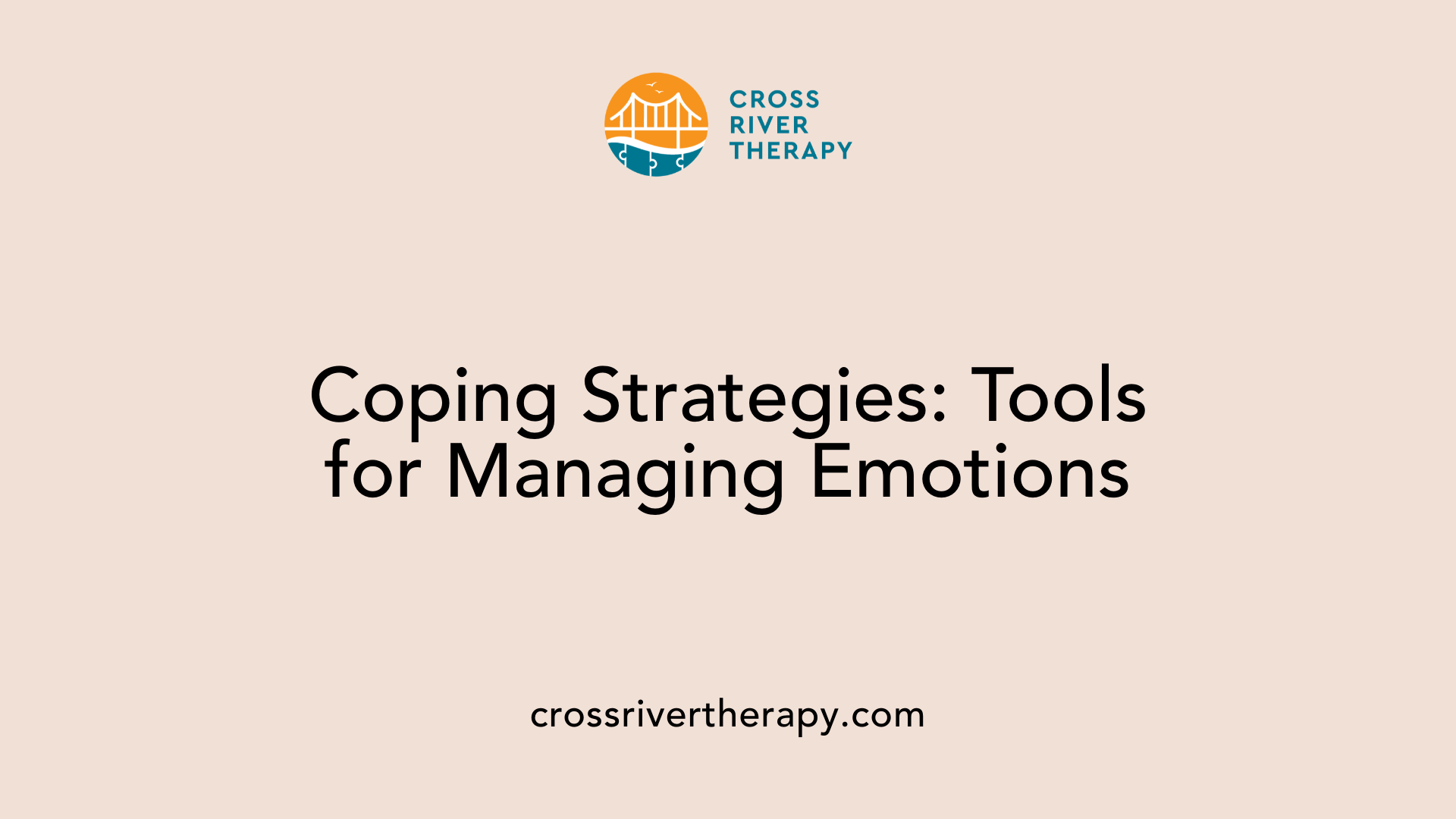
What coping strategies can siblings of autistic children use?
Siblings of autistic children can implement various coping strategies to help manage their emotions and cope with the unique challenges they face. One effective approach is to engage in individual hobbies or activities. This helps them focus on their own interests and maintain a sense of independence amidst their sibling's needs.
Another beneficial strategy involves participating in caregiving tasks for their autistic sibling. This can create a sense of control and responsibility, promoting a feeling of togetherness. Additionally, allowing siblings to express their feelings can be crucial; talking with trusted friends or family members can provide significant relief.
Creative outlets, such as drawing or writing, also serve as effective means for siblings to articulate their emotions. Parents play a vital role in fostering resilience by maintaining family routines, encouraging open discussions, and checking in on their child's emotional well-being.
Encouraging siblings to establish support networks, such as sibling support groups or friendships with peers facing similar situations, can also be immensely beneficial. These communities provide validation, foster understanding, and reduce feelings of isolation.
Ultimately, combining these strategies can greatly enhance the emotional health of siblings, allowing them to navigate their relationship with their autistic sibling in a healthier, more positive manner.
Family Dynamics and Autism
How does having an autistic sibling affect family dynamics?
Having an autistic sibling can profoundly impact family dynamics, shaping how family members relate to one another. Families often experience shifts in emotional climates that may vary from high warmth to low criticism. These emotional fluctuations can lead to increased stress and anxiety, affecting relationships between parents and children.
As parents may devote more attention and resources to the autistic child, siblings often feel a mixture of frustration, protectiveness, and loneliness. This can create a dynamic where neurotypical siblings worry about their sibling's future or feel neglected, further complicating their emotional landscape. Financial strains associated with autism care can also contribute to tensions within families, sometimes resulting in higher rates of parental conflict or even divorce.
Balancing attention to all children
Balancing attention is crucial for the well-being of both the autistic child and their siblings. Parents must strive to allocate time and resources equally, ensuring that all children feel valued and heard. Setting aside special time for each child can help mitigate feelings of oversight and reinforce each child's sense of importance within the family structure.
Establishing family routines that include quality bonding time enables siblings to form supportive relationships, thus enhancing emotional resilience against the challenges posed by their sibling's autism.
The long-term impact on siblings
The long-term effects of having an autistic sibling can be multifaceted. Research indicates that while siblings may initially face challenges such as anxiety or feelings of neglect, they also exhibit traits like greater maturity and enhanced problem-solving skills over time. Furthermore, sibling relationships can become some of the most enduring connections in their lives, providing both emotional support and shared experiences that foster understanding and acceptance of differences.
Supportive family environments and open communication are essential for navigating these complex dynamics, ultimately leading to healthier and more positive relationships among siblings, no matter their challenges.
Resources and Support Networks
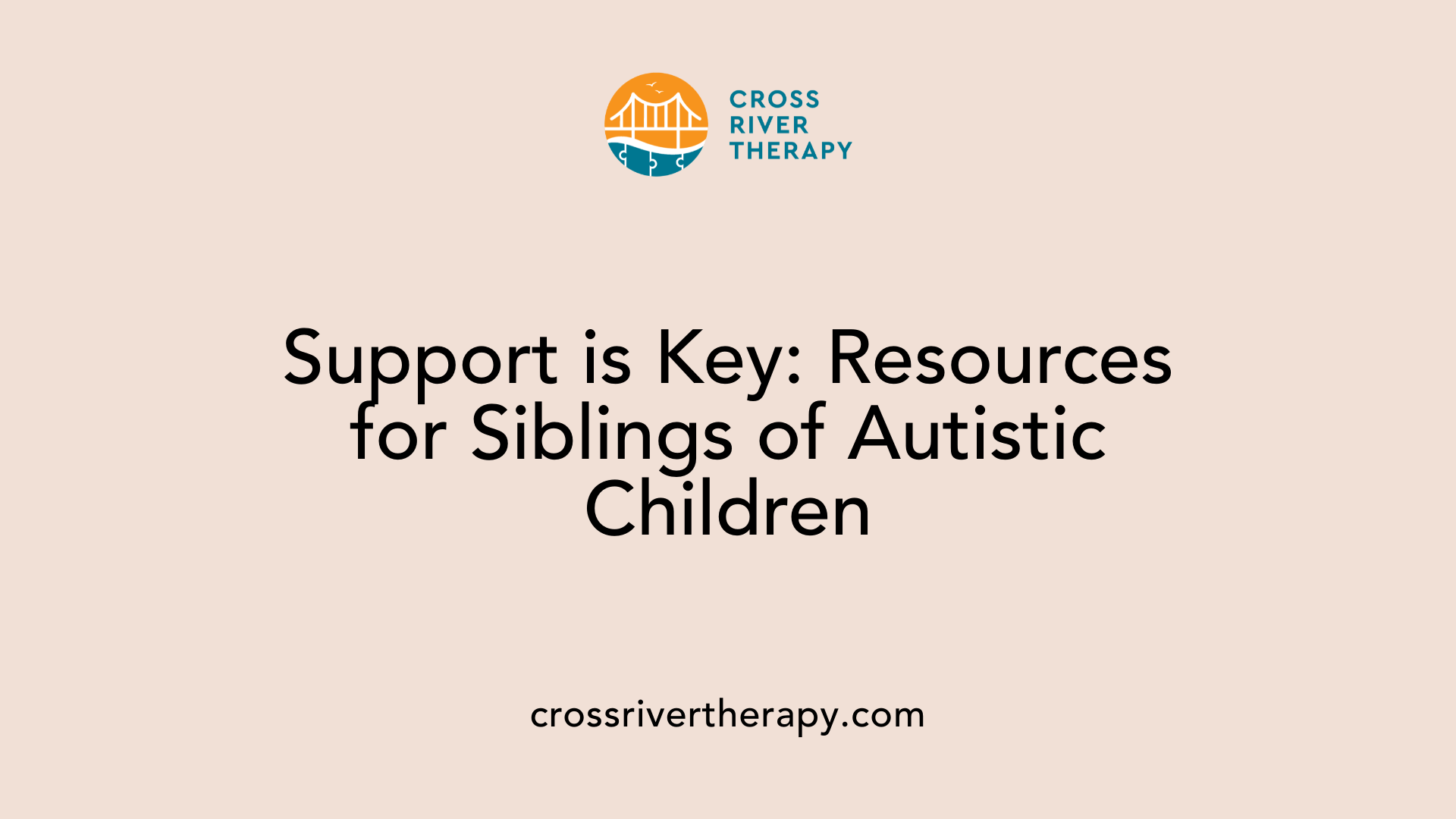
Available Programs for Sibling Support
Numerous programs are designed to assist siblings of autistic children in navigating their unique experiences. One notable initiative is the SibSupport Program, which offers a platform for siblings to connect with others in similar situations. Activities include games, crafts, and open discussions tailored to age-appropriate groups, promoting engagement and shared understanding. Additionally, resources like "Life as an Autism Sibling: A Guide for Teens" provide essential coping mechanisms, sharing insights and testimonials from peers to validate the experiences of teenage siblings.
Role of Support Groups and Community Initiatives
Support groups play a critical role in fostering emotional support among siblings. Organizations such as Sibling Support Project and Sibling Leadership Network create a safe environment for siblings to express their emotions and share experiences. These groups help mitigate feelings of isolation by connecting siblings with their peers, reinforcing that they are not alone in their challenges. Furthermore, community initiatives like SibShops provide informal gatherings that encourage sharing and learning, contributing to the overall emotional well-being of siblings.
Encouraging Connection with Others
Encouraging friendships and network building among siblings is vital. Programs such as YoungSibs and Siblings Australia offer additional resources and facilitate connections with peers who understand their unique situations. By participating in these supportive communities, siblings can develop empathy and resilience, creating a strong support network. Sharing experiences with those who face similar challenges cultivates an atmosphere of acceptance and understanding, benefiting both the siblings and their families.
Finding Balance and Support
Navigating the complexities of having a sibling with autism requires understanding, patience, and resources. While challenges are inherent, the potential for growth and strengthened sibling bonds is significant. By leveraging support networks, fostering open dialogue, and ensuring each child feels valued and understood, families can cultivate a nurturing environment where all siblings thrive. Building a future with empathy and resilience defines the support necessary for the siblings of autistic children, ensuring they remain integral to their family's journey.
References
- Sibling Support - Organization for Autism Research
- Siblings of autistic children and teenagers - Raising Children Network
- Sibling Support—Autism Toolkit | THH Pediatrics | Germantown, MD
- Siblings Perspectives: Some Guidelines for Parents: Articles
- 6 Ways to Support Siblings of Autistic Children
- The Impact of Autism on Siblings - PAAutism.org
- Expert Q&A: Supporting siblings of autistic children with aggressive ...
- How parents can support the siblings of autistic children
- How to Manage the Impact of Child With Autism on Siblings
- Siblings - Autism Central



